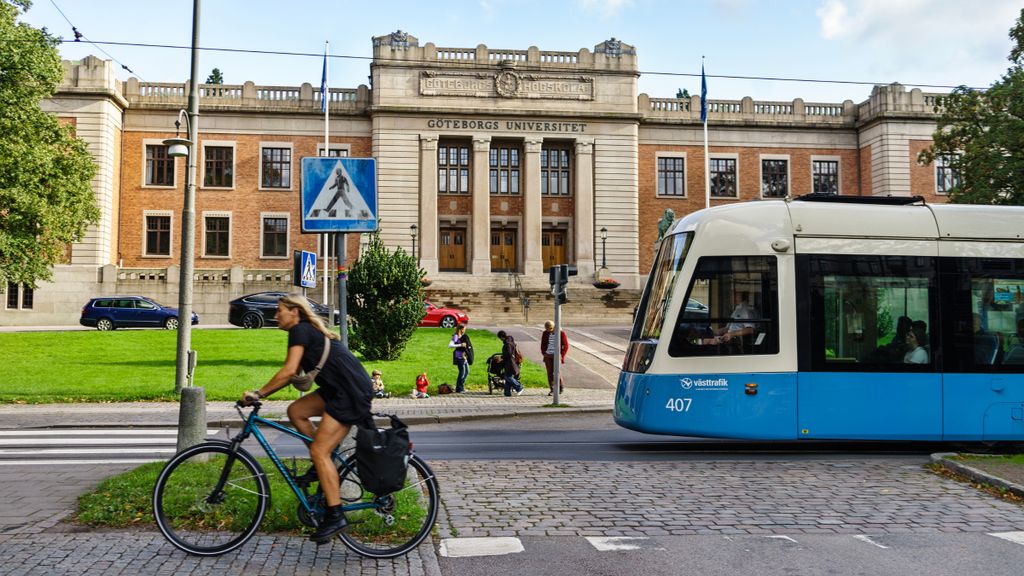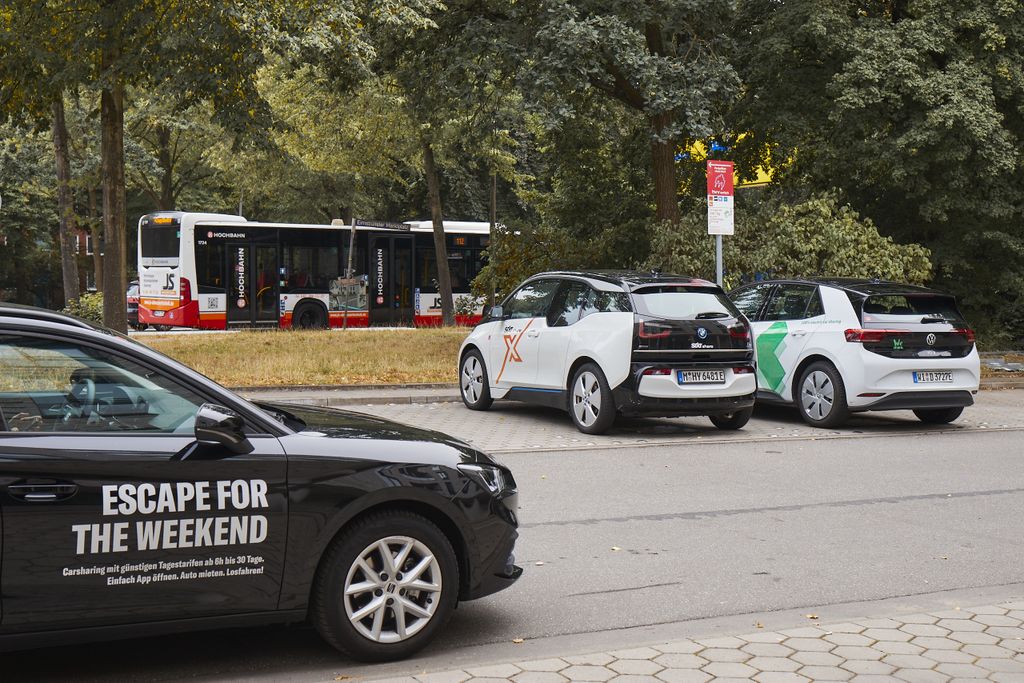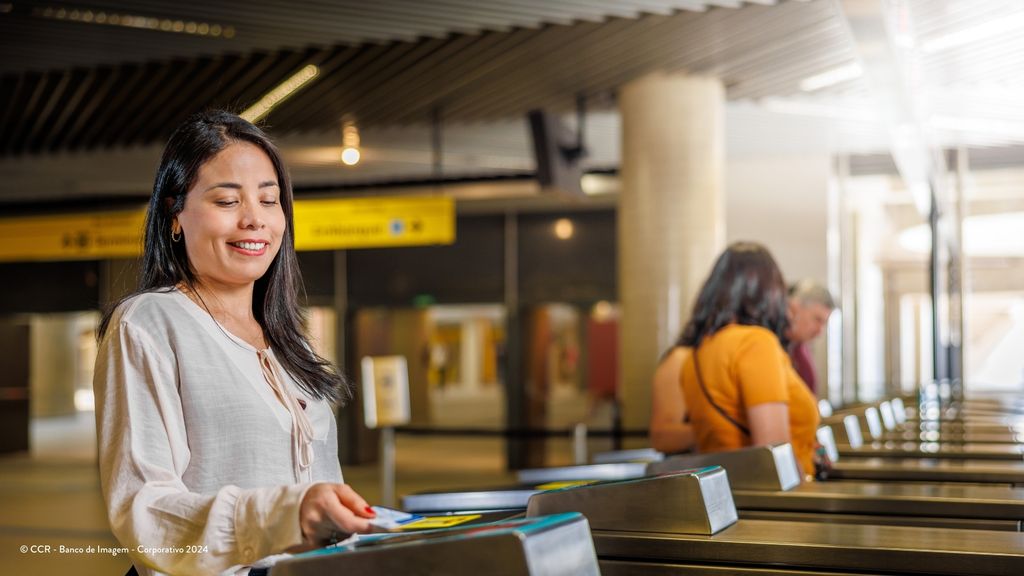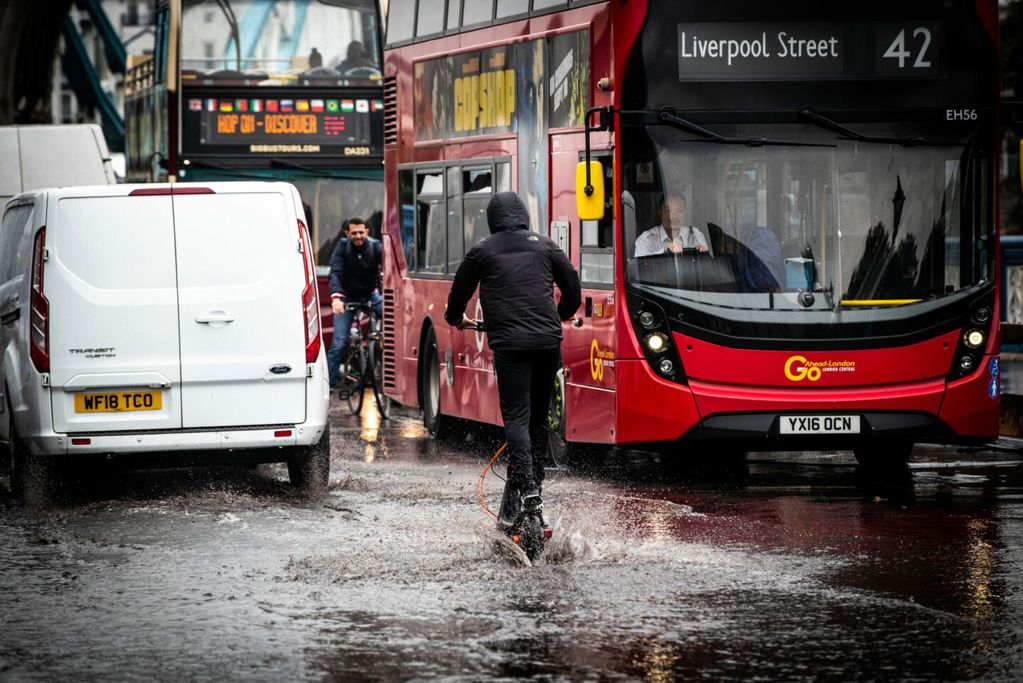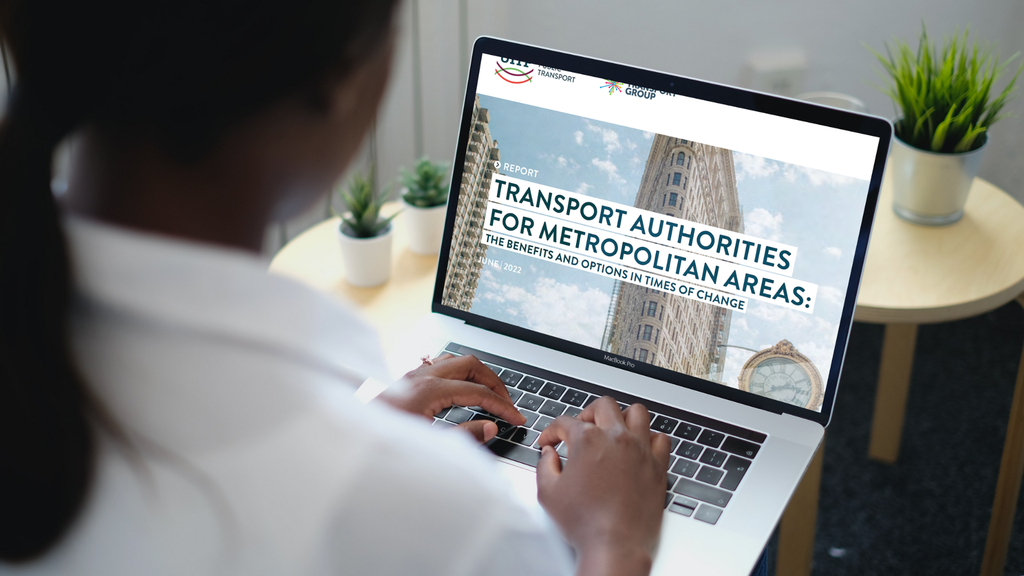
Mobilising sustainable mobility: The benefits of public transport authorities
See for yourself…
In Nottingham, England, a workplace parking levy was introduced in 2011 which is a charge on employers who provide workplace parking (which accounts for around 40% of the total number of parking spaces in the city). Funding from the charge has supported the extension of the city’s tram network as well as wider public transport improvements.
In 2016, 71.5% of Los Angeles County voters approved ‘Measure M’ – a half-cent sales tax generating $860 million (€817 million) a year for projects which included repairing local streets and pavements, greenways and better active travel provision, new rail and metro lines and fare subsidies for students, seniors and persons with disabilities.
In Vienna, Austria, the price of an annual season ticket was lowered to €365 (€1 per day (for unlimited public transport mobility) with a discounted version for senior citizens. Companies can buy the ticket for their employees and claim a tax deduction. By 2019, about half of Vienna’s adult population was using the annual season ticket and public transport’s modal share has increased to 38%.
Around the world transport authorities keep metropolitan areas moving day-in and day-out, whilst always looking to the future as to how they can improve the service they provide and how they can manage the social, economic and environmental changes.
We need efficient and secure decision making for resilient cities
Urban sprawl is outpacing population growth by as much as 50%, and is expected to add 1.2 million km² of urban development over 30 years. Such expansion puts pressure on land and natural resources with cities now accounting for two thirds of global energy consumption and more than 70% of greenhouse gas emissions.
Public transport, collective mobility and active travel can also help address the wider challenges that cities and metropolitan areas face including:
- Addressing social exclusion by providing affordable access to opportunities
- Reducing carbon emissions and air pollution
- Contributing to wider urban climate resilience
- Supporting urban economies by reducing congestion and making places that people genuinely want to spend time in
Yet urban transport comes with its challenges, from funding infrastructure to facilitating journeys for different user needs, competition and regulating new forms of mobility. Public transport authorities are there to address the complex questions, strike the fine balance with finite resources and deliver services which serve dynamic and evolving urban areas.
Their holistic approach to sustainable mobility ensures that decision making involves a multitude of stakeholders so that transport evolves from a fully market-oriented to an integrated approach. And shows us with the likes of Nottingham, Los Angeles and Vienna how public transport benefits everyone.
UITP and UTG launch Report on the benefits of transport authorities
An extensive report, which took three years to finesse and launched today at the Organising Authorities Committee in Paris, sets out the many benefits of having a transport authority. And believe us, there are many.
Written by Jonathan Bray from the UK’s Urban Transport Group (UTG), with contributions from UITP’s Organising Authorities Committee, ‘Transport authorities for metropolitan areas: The benefits and options in times of change’ provides a guide for those metropolitan areas that are contemplating establishing a transport authority or for operators who require a basis for advocating for coordinated services. The Report equally recognises that no city is a blank canvas where one type of governance can be imposed.
If cities are key to the future, and transport is key to the effective functioning of those cities, then the urgent question which this report focuses on is how is transport best organised to achieve this?
Given the huge and complex transport challenges that metropolitan areas around the world are facing, many are looking at how they can plan and operate transport in the future in a more coordinated way. This report can help provide an accessible and non-technical guide to the benefits of metropolitan area transport authorities as well as the issues around establishing them and the options for the different forms they can take. Although no one size fits all, and all governance is fluid, I strongly believe that transport authorities are a key building block for a better future for metropolitan areas.
A transport authority’s role is to support thriving, sustainable and resilient metropolitan areas. They work to ensure the best public transport services are provided, with public policy goals and citizen needs in mind.
This Report is the first of a two-part series. By firstly looking at what transport authorities can bring to metropolitan areas, UITP will then delve into how to set up and strengthen a transport authority. The second publication will launch later this year and support the discussions at our SITCE event in Singapore, co-hosted with Land Transport Authority (LTA).


